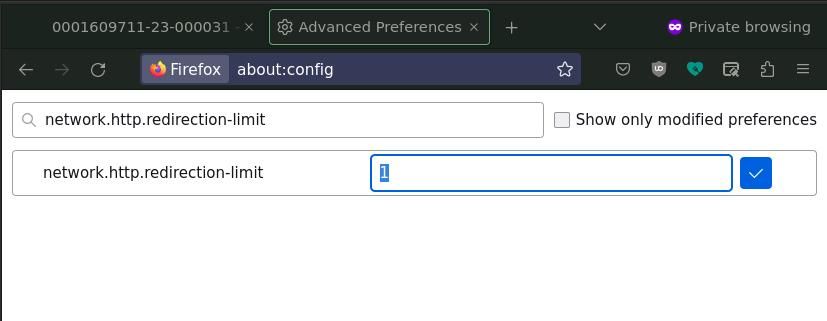Huge chunks of the internet were redirecting to malware-spewing websites in the latest of a series of attacks on web giant GoDaddy over a three-year period.
So if you've had complaints from visitors that your site redirects to malicious pages, the problem might not be with you or your plug-ins. So how did this happen? How can you protect yourself from harmful redirects?
What Is GoDaddy?
If you want to set up a website for either personal or professional use, there are a few big providers who offer both registration and hosting packages to make your life easier. Of these, GoDaddy is one of the largest and boasts a 19.61 percent market share, according to Enlyft. With reasonably priced plans and a range of features including 24x7 security monitoring, GoDaddy regularly makes it onto MUO's lists of the best hosting providers.
But on February 16th 2023, GoDaddy released a statement which revealed that customer accounts had been hijacked by unauthorized actors, who had previously carried out successful attacks against the provider over the previous three years.
What We Know About the GoDaddy Security Fiasco
In December 2022, GoDaddy began investigating reports that websites hosted by the company were redirecting to malicious destinations. Despite the issues being difficult to reproduce, GoDaddy eventually found malware within their own system, and explained:
As our investigation continued, we discovered that an unauthorized third party had gained access to servers in our cPanel shared hosting environment and installed malware causing the intermittent redirection of customer websites.
While GoDaddy claims to have "remediated the situation and implemented security measures in an effort to prevent future infections", in a SEC filing submitted on February 16th, the company revealed that in 2020, the same threat actor had successfully compromised the hosting login credentials of approximately 28,000 accounts, as well as the login details of "a small number of our personnel". In November 2021, hackers accessed the provisioning system for GoDaddy's managed WordPress, impacting 1.2 million customers across the world.
Despite concerns that "any actual or perceived breach of our security could expose us to a risk of loss or litigation and possible liability", GoDaddy reports that "these incidents as well as other cyber threats and attacks have not resulted in any material adverse impact to our business or operations".
WordPress has a mixed reputation when it comes to security. While the core package is usually secure if properly updated, the extensive range of plug-ins used by site owners to enhance functionality offer an extra attack surface, and can leave sites vulnerable to cybercriminals.
This GoDaddy attack may well have left WordPress admins with a managed hosting plan convinced that they, themselves, were to blame, and could have meant lost hours or days spent troubleshooting potentially problematic plug-ins.
How Can You Protect Yourself From Hijacked Sites?
As a site owner, the only thing you can really do to prevent a similar attack is to have physical control over the hardware on which your website is hosted, and employ best practice security procedures. If you have a technical bent, it's easy to host a WordPress site on a Raspberry Pi.
GoDaddy's managed WordPress sites were being used to redirect traffic and, potentially, to deploy malware through your browser.
There's no way of knowing which websites are, were, or will be infected in the future, and as WordPress powers more than 40% of all active websites (according to ColorLib), it's not practical to avoid WordPress sites altogether.
To protect yourself from unwanted website redirects using FireFox, open a new tab, and in the URL box, enter:
about:config
Search for "network.http.redirection-limit", then edit the entry and set the value to "1".
You should also make sure that you have all security patches for your operating system, and that you run a well-maintained and reputable antivirus suite.
Choose a Good Host for Your Website
After the major security incidents affecting GoDaddy over the last few years, you'd be forgiven for looking elsewhere for your domain hosting and registration requirements. Fortunately, there are dozens of others out there. Make sure you carry out thorough research and check on any historical security incidents before plumping for whichever provider you choose.



